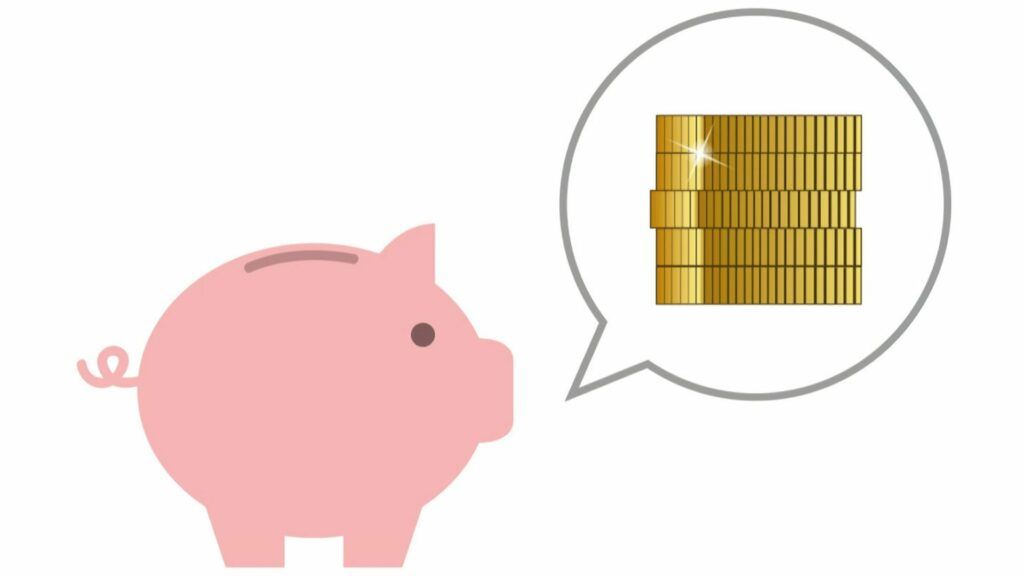Important: I do NOT agree on everything said in the video above, however, it might be helpful for you who are new and want to learn more about Bitcoin in particular. Personally I do not have much faith in Bitcoin anymore, and that is a big reason why I have traded all of my Bitcoin away for REAL privacy coins, that also are both faster and have lower transaction fees.
Bitcoin and other surveilance coins are NOT private, AND privacy in crypto matters way more than most people realize!

I really do beleive that if we all started to use real privacy coins we could change the world in one day, and I think a big part of the revolution we all want is going to be a whole lot easier if we all stoped using THEIR cryptocurrencies (and their fiat) and instead start using OUR OWN cryptocurrencies. As an extra bonus I think you can be very wealthy aswell by being part of the privacy crypto movement.
If you think this sounds interesting,
then you might want to join the NoHypeInvest crypto service!
We are all about that! (+ You will get support all the way if you are a beginner from the other members + some crucial info not to be found on many places online that can protect you from making big mistakes)
Of course, you can go at it yourself aswell with the info given above and with the help of the links to different exchanges above and by researching online on your own. I would highly recommend you to get privacy coins such as Monero and Piratechain if you do. There are also other privacy focused coins but those 2 are the ones I can mention as the other ones are coins that are for the paid members of the service, however, only getting yourself as much as possible of Monero and store them safely goes a long way in fighting the evil currency system.
Hope this helps and/or inspires you to getting started!
Viva la revolution!

